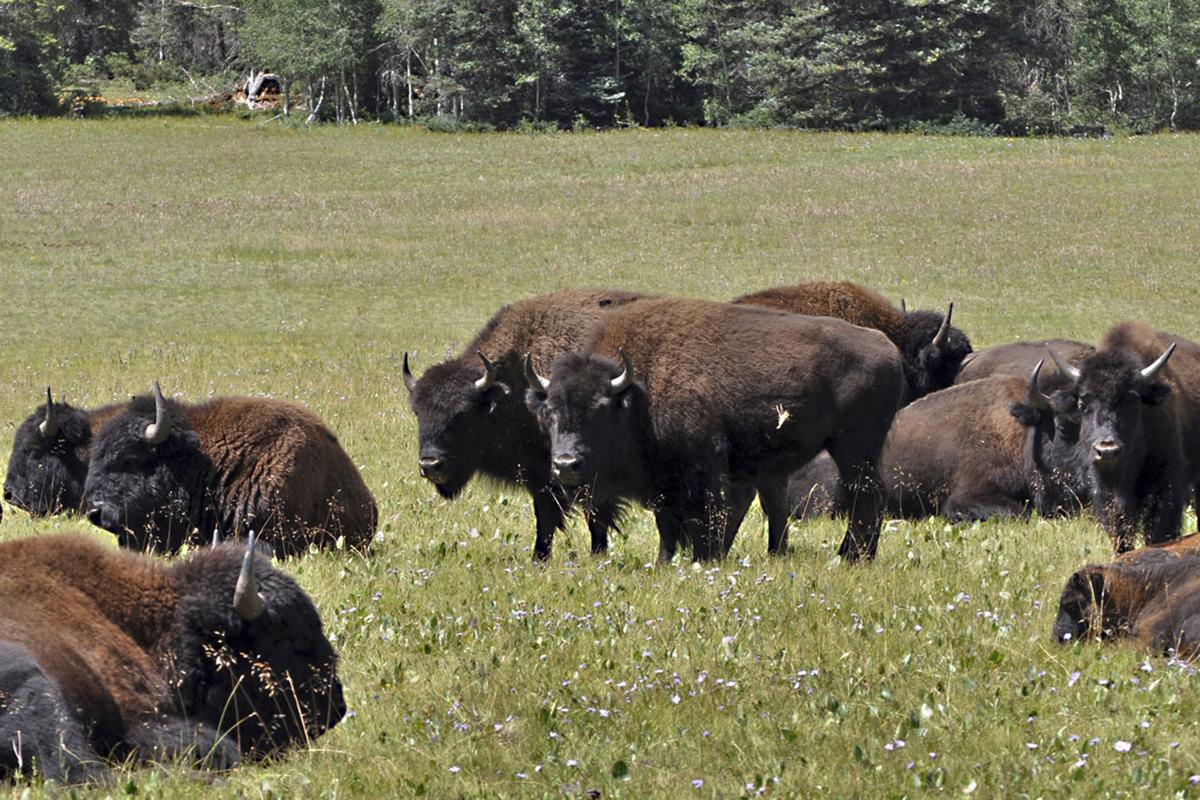UA professors will discuss the complex and varied ways that humans and animals interact as the topic of this year’s Downtown Lecture Series.
The popular lectures will be at 6:30 p.m. the first four Thursdays in October at the Fox Tucson Theatre, 17 W. Congress St., downtown.
The lectures are free and seating is first come, first serve. Doors open at 6 p.m.
The series, “Animalities: What Animals Teach Us About Being Human,” is hosted by the UA College of Social and Behavioral Sciences.
Topics include the surprising discoveries about the canine mind; how indigenous hunters treated bison as partners; the tradition of harvesting herring; and how the Navajo view horses as healers and educators.
“By turning the lens of social analysis from the human to the nonhuman, these lectures demonstrate how various animals have shaped our social lives,” said John Paul Jones, dean of the College of Social and Behavioral Sciences.
This is the seventh year of the Downtown Lecture Series.
Oct. 3 — “The Thinking Dog”
Anthropologist Evan MacLean, director of the Arizona Canine Cognition Center, highlights new discoveries about the canine mind, our interspecies connection and what studying dogs may teach us about our own species.
Oct. 10 — “The Personhood of Bison”
Anthropologist María Nieves Zedeño will explore how indigenous hunters in North America treated bison as powerful persons and partners who shaped every aspect of human life.
Oct. 17 — “Hunting for Herring”
“The potato of the Middle Ages,” and “the silver darlings of the seas” are two of the nicknames for herring, one of the most abundant fish in the sea. For 200 years, herring has been the foundation of a thriving fishery on Canada’s Grand Manan Island in the Bay of Fundy.
English professor Alison Hawthorne Deming, who has spent her summers there since childhood, will talk about weir-based fishing while contemplating the challenges of climate change and the unique ways fish and people can co-exist.
Oct. 24 — “Navajo Horse as Healer and Educator”
For the Navajo, the horse is central to their creation story, land management, entertainment, work and family. Kelsey John, a postdoctoral fellow in American Indian Studies, will talk about how horses teach us to relate to each other, the land and other animals.





